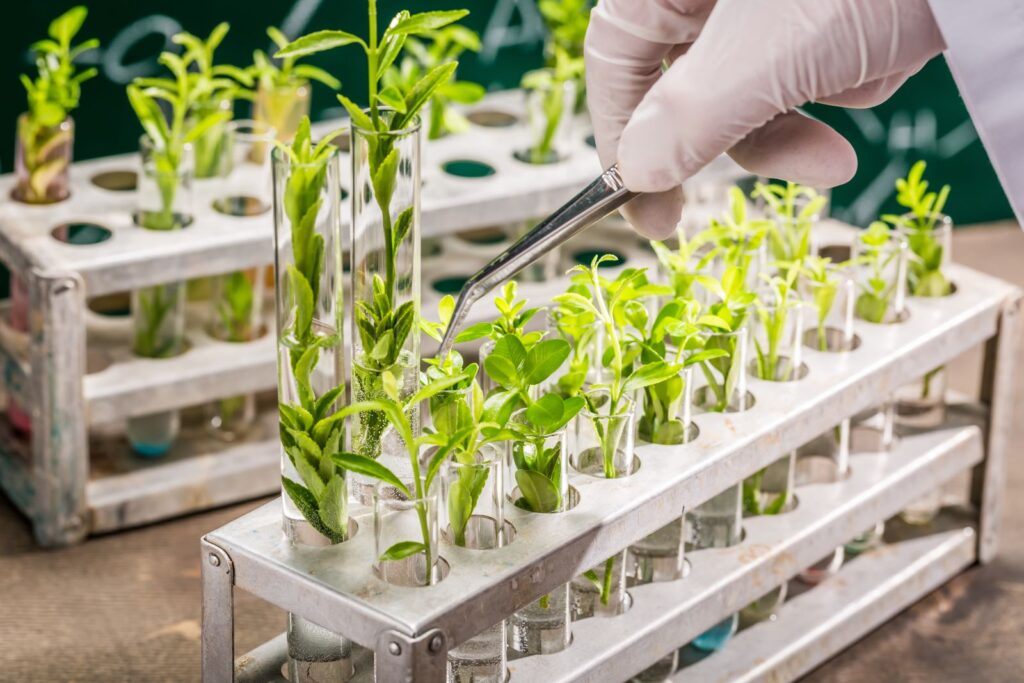UK government urged to stay ahead of EU in precision breeding race
7th July 2023
The British Society of Plant Breeders (BSPB) has called on the UK government to maintain its leading edge over the EU in precision plant breeding by ramping up investment in research and innovation and moving forward with plans to bring gene edited products to market.
BSPS CEO Sam Brooke pointed out that recent proposals from the EU Commission to change how products resulting from New Genomic Techniques (NGTs) are regulated in the European Union could threaten the UK’s chance to take advantage of its progressive precision breeding bill.
“We must remove the barriers that stand in the way of the UK benefiting from this legislation before Europe chooses to embrace it too,” she explained.
The EU has proposed two distinct pathways for NGT plants to be placed on the market. NGT plants that could occur naturally or through conventional breeding would be regulated in the same way as conventional plants and seeds, with no separate statutory requirement for risk assessment, food and feed marketing authorisation, traceability, food labelling or coexistence arrangements.
Whereas, other NGT plants would be subject to the EU’s existing GMO regulations.
Mrs Brooke urged the UK government to build on recent field trials demonstrating the wide-ranging benefits of precision breeding to farmers, the public and the planet.
“Simplified field trial arrangements introduced in March 2023 led to an increase in research activity, with eight new field trials of precision bred crops notified in England under the new arrangements, twice as many as the entire EU-27 over the same period.
“We need to move to support this, not choke it,” she stressed.
The trials showed that precision breeding techniques provide the potential for plant scientists, breeders and farmers to keep pace with demands for increased agricultural productivity and resource-use efficiency, healthier food, reduced chemical use, and resilience to climate change. However, a clear route to market is needed to realise these benefits.
Through the Precision Breeding Act, the UK Government led the way in diverging from outdated EU rules classifying gene edited products in the same way as GMOs. But the detail of how the Act’s provisions will be implemented is not yet finalised, particularly in relation to food and feed marketing.
“The Food Standards Agency (FSA) is looking to establish an entirely separate regulatory process for precision bred food and feed products, potentially involving expert committee scrutiny, risk assessment, public consultation, parliamentary approval and Secretary of State sign-off.
“That could significantly drive up the red tape, time and costs involved in bringing new precision-bred crops to market,” Mrs Brooke warned.
“BSPB urges UK Ministers, and the Food Standards Agency in particular, to ensure implementing arrangements for the Precision Breeding Act are as streamlined as possible, and reflect the overwhelming scientific evidence that precision bred products are at least as safe as their conventionally bred counterparts,” she concluded.

